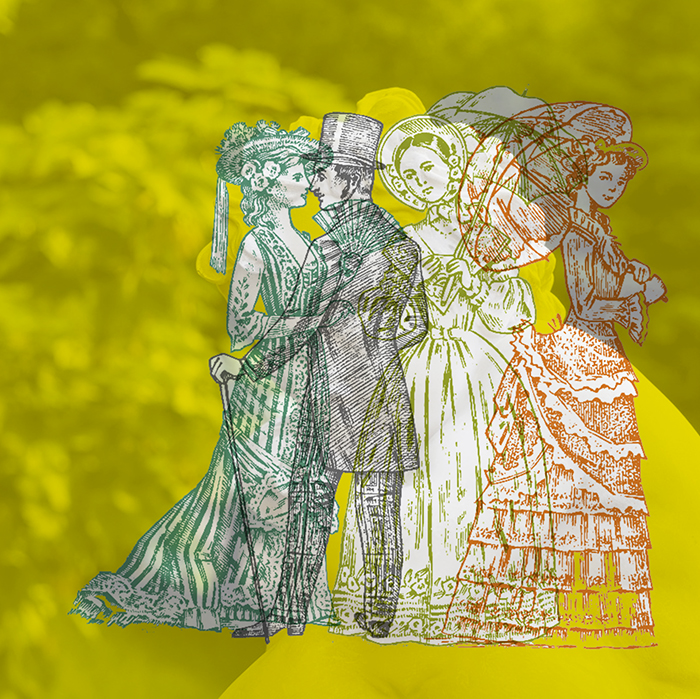
It can be difficult for schools to get involved in interactions between parents outside school. The development of social media has meant that there is an increasing need for clear guidance about conduct in all out of school contact between children, parents and staff. Think about ways you could create such guidance.
If a parent does seem to be experiencing negativity from others, show your support as a school for the adoptive or permanency family and offer help in any way you can.
In situations where an adopted or care experienced child is affected by other parents prejudices the school must step in and take action.
This can involve letting the offending parent or parents know that their behaviour is unacceptable and that as a school it is your duty to look after its students and keep them safe and that their actions are jeopardising the wellbeing of the child.
Sometimes parents might need educating about the impact of trauma, just as teachers do, so that they can better understand why some children need a different approach, particularly in terms of discipline.

The BRIGHTER FUTURE project has been funded with support from the European Commission. This publication reflects the views only of the authors, and the Commission cannot be held responsible for any use which may be made of the information contained therein.
